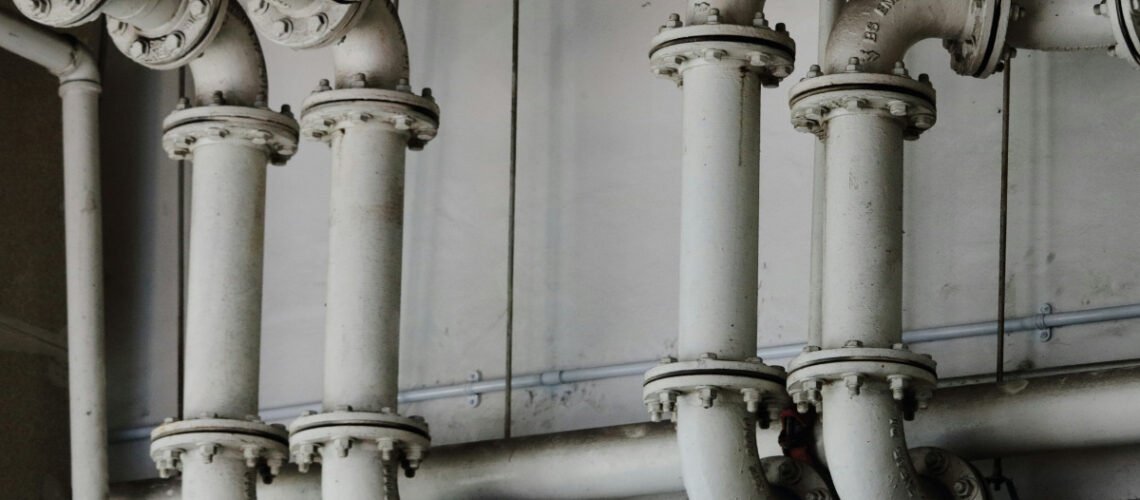The journey of plumbing, from its ancient origins to the modern era, reflects a fascinating evolution. This article delves into the transformation of plumbing techniques, highlighting how innovations have revolutionized this essential aspect of our daily lives. We will also explore the role of forward-thinking companies like Cummings Plumbing in Tucson, Arizona, in adopting and advancing these innovations.
Ancient Beginnings and Early Innovations
The story of plumbing begins in ancient civilizations. The Indus Valley Civilization, Ancient Greeks, and Romans were among the first to implement rudimentary plumbing systems. They utilized channels and aqueducts to transport water, and the Romans developed lead piping and sewage systems. However, after the fall of the Roman Empire, plumbing development stagnated for centuries.
The Renaissance and Industrial Revolution
The Renaissance reignited interest in science and technology, paving the way for plumbing advancements. The Industrial Revolution brought significant changes, introducing materials like iron and steel for pipes. The invention of the flush toilet in the 19th century by Sir John Harington and its subsequent refinement by Thomas Crapper marked a significant turning point in residential plumbing.
The 20th Century: A Time of Rapid Advancement
The 20th century saw rapid advancements in plumbing. Copper piping became the standard due to its durability and resistance to corrosion. This period also witnessed the introduction of PVC (polyvinyl chloride) and PEX (cross-linked polyethylene) pipes, offering more affordable and flexible options compared to metal piping.
Modern Plumbing: A Focus on Efficiency and Sustainability
Today, the focus in plumbing is on efficiency and sustainability. Companies like Cummings Plumbing in Tucson, Arizona, are at the forefront of this shift. They utilize modern materials and technologies that reduce water and energy consumption. Low-flow toilets, faucets, and showerheads, as well as tankless water heaters, are now commonplace, offering significant savings and environmental benefits.
Smart Plumbing Systems
One of the most exciting developments in modern plumbing is the emergence of smart plumbing systems. These systems use sensors and internet-connected devices to monitor water usage, detect leaks, and even predict potential problems. Smart plumbing represents a significant leap forward in managing water resources and preventing water damage in homes.
Greywater Recycling and Rainwater Harvesting
Greywater recycling and rainwater harvesting are other innovative practices gaining traction. Greywater systems reuse water from baths, sinks, and laundry, reducing the demand for fresh water. Rainwater harvesting collects and stores rain for non-potable uses. Cummings Plumbing has recognized the potential of these systems, especially in arid regions like Tucson, Arizona, where water conservation is crucial.
The Role of Professional Plumbers in the Evolution of Plumbing
Professional plumbers, like those at Cummings Plumbing, play a critical role in this evolution. They not only install and maintain plumbing systems but also stay abreast of the latest trends and technologies. Their expertise is vital in ensuring that plumbing systems are efficient, safe, and meet the evolving needs of modern society.
Challenges and the Future of Plumbing
Despite the advancements, challenges remain. The transition from traditional to modern plumbing can be costly, and there is a constant need for skilled professionals to install and maintain these advanced systems. The future of plumbing is likely to see further integration of technology, with a greater emphasis on water conservation and sustainability.
Conclusion
The evolution of plumbing from traditional techniques to modern innovations is a testament to human ingenuity and our ability to adapt to changing needs. Companies like Cummings Plumbing in Tucson, Arizona, embody this spirit of innovation, embracing new technologies and practices to provide efficient and sustainable plumbing solutions. As we look to the future, the plumbing industry is poised to continue its evolution, playing a crucial role in our pursuit of a more sustainable and efficient world.

